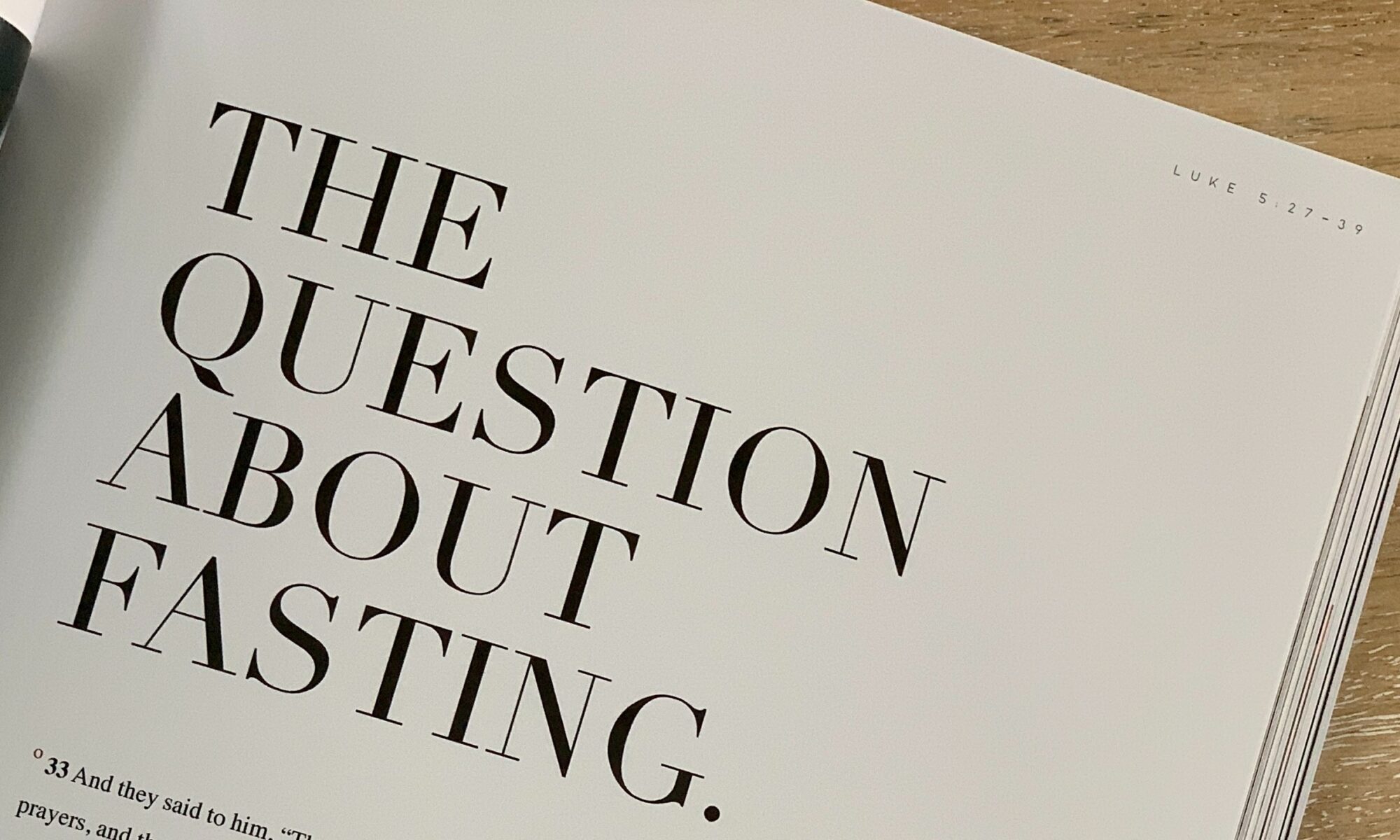I’m often asked ‘is fasting is ok to do with Gilbert’s Syndrome?‘.
I’d just like to unpack that question so we’re all on the same page.
Fasting can mean many things:
Restricting calories; not eating solid food or little solid food on selected days of the week; time limited eating – with a window of a specific number of hours; cutting out particular food groups.
Fasting usually includes liquid, as it can be dangerous to become dehydrated.
Why do people fast?
Cultural and religious traditions have included fasting throughout history.
People have used fasting as a tool to manage body weight, health, recover from illness, and manage resource availability where food or types of food aren’t available at times.
There’s no doubt humanity has a long history of fasting – due to circumstances or design.
But is it good for you?
If you are in good health and have no particular factors to consider – such as a particularly active lifestyle, pregnancy, poor sleep, demands on time and emotional energy, then there can be many benefits. Certainly, from a religious and cultural perspective there are enriching elements to fasting.
From a biomechanical point of view – is it good for your body, and your short and long term health?
Many studies have involved male mice and healthy humans looking at intermittent fasting of various types. There are indications of improvements in some health measures such as blood pressure, glucose management, blood lipids (fats). In mice there have been some astonishing results demonstrating extended lifespan, which haven’t been replicated in humans.
There are many different types of fasting studied, but it appears from recent research that keeping daily eating within a time window can be the easiest method of getting the most benefits. This is because it works with circadian rhythms – your body cycle, and takes advantage of when your body is best working to get the most from your food.
Planning your eating, thinking about nutrition content, not eating too late, eating regularly – these are all excellent ways to support good health. This type of eating is in line with the best way to look after your body.
I’ve written a post here about the issues you might consider if trying it out for yourself, and you have a chronic health problem….
If you want to explore fasting for health reasons, then there are a number of sources you might want to dig into.
The US government National Institute of Health website, says:
Hundreds of animal studies and scores of human clinical trials have shown that intermittent fasting can lead to improvements in health conditions such as obesity, diabetes, cardiovascular disease, cancers and neurological disorders. The evidence is less clear for lifespan effects.
https://www.nia.nih.gov/news/research-intermittent-fasting-shows-health-benefits
Medical News Today has a good synopsis of some of the research, up to 2022. https://www.medicalnewstoday.com/articles/intermittent-fasting-is-it-all-its-cracked-up-to-be#Potential-downsides
Dr Satchin Panda is a prominent researcher in the field of circadian rhythm and eating. You can listen to a recent Huberman podcast, where the most recent findings are discussed https://hubermanlab.com/dr-satchin-panda-intermittent-fasting-to-improve-health-cognition-and-longevity/
If you want to explore the topic further, check out the Circadian Code by Dr Satchin Panda, to find out how your body clock has an impact across your whole life experience.
Fasting for cultural or religious reasons

If you are fasting for cultural or religious reasons, then I’d perhaps suggest considering some ways to make it less likely to trigger your Gilbert’s Syndrome symptoms –
Manage your energy outputs whilst not eating. Plan as little activity as possible so that you don’t use up your energy stores. Your ability to efficiently access your energy stores may be limited due to your Gilbert’s Syndrome. Regular rest breaks may help you manage your energy levels.
Emotional stress will also impact your symptoms – try to maintain a calm environment and reduce pressures during your fasting time. Don’t add heaps to your to do list, or schedule deadlines. Your brain uses up a great deal of energy, and you will end up with brain fog if you try to place mental pressure on yourself. This can also help if reflection is part of the fasting process.
When you do eat, try not to indulge in high sugar highly processed foods. These will create a boom and bust metabolic roller coaster. If your stomach is tender, then you might want to start with something light and easy to digest like a yoghurt, or a plain bread. Savour it slowly before taking the next bites.
Replenishing nutrients will be important, so think about the balance of your meals – are there plenty of fresh vegetables and fruit. The fibre in fruit and veg will also keep you fuller for longer too – balancing out any glucose spikes, and helping you manage your hunger into your next fasting period.
Don’t over fill your stomach immediately or you may feel uncomfortable. For people with Gilbert’s Syndrome this is a particular problem as we have delayed gastric emptying.
Hopefully some of these tips will help if you do fast for any reason. I wish you well on your fasting journey!
Have you been fasting with Gilbert’s Syndrome? Share your experience and help others who are considering it.


